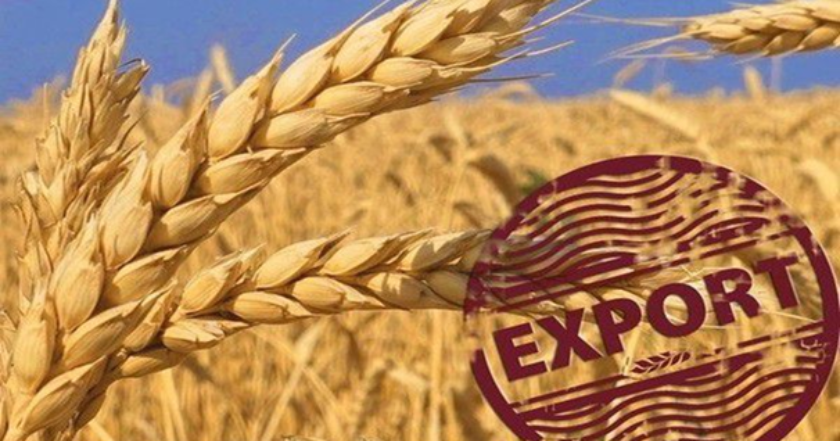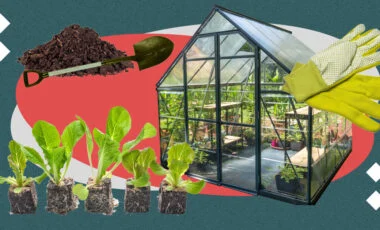EU extends duty-free food export from Ukraine, introducing restrictions on "sensitive products"

Photo: Main Department of the State Production and Consumer Service in Cherkasy Region
The Council of the European Union and the European Parliament have extended the tariff-free trade with Ukraine for another year until June 5, 2025.
However, they have introduced restrictions on a range of "sensitive products" in the agreement, Rubryka reports, citing the statement by the European Parliament.
Liberalizing trade involves temporarily suspending import duties and quotas on Ukrainian agricultural product exports to the European Union. These measures were first introduced in 2022 to help the Ukrainian economy amidst the full-scale war.
The EU has agreed to extend these measures today, but they have included "safeguard measures" to protect EU farmers in case of market disruptions. The agreement already provides for emergency brakes on "particularly sensitive" agricultural products, like poultry meat, eggs, and sugar. Members of the European Parliament have added oats, maize, cereals, and honey to the list.
The EU Council explained that they wanted to take into account any negative impact on the market of one or more EU member states, not just on the EU market as a whole, as it is now.
The new instrument will require the European Commission to reintroduce tariff quotas if the import of the listed products from Ukraine to the EU exceeds the average volume imported in 2022 and 2023.
The European Parliament and the EU Council must give final approval to the interim agreement. The current agreements are set to expire on June 5, 2024. The new rules are expected to come into effect on June 6.
What we know about trade between the EU and Ukraine during Russia's full-scale invasion
The European Commission adopted exceptional and temporary safeguard measures on the import of certain agricultural products from Ukraine on May 2, 2023, following pressure from five EU member states accusing Ukrainian imports of causing local price collapses.
Polish transport carriers and later farmers began blocking the movement of Ukrainian trucks on the border between countries in the autumn of 2023. The reason for the carrier strike is dubbed "excessive competition" following the adoption of a "transport visa-free regime" between Ukraine and EU countries. Polish farmers are protesting to soften the European "green course," closing borders to the influx of agri-food products from outside the EU and protecting animal husbandry in Poland. They also demand to receive more subsidies, grants, and compensations.
However, the European Commission has proposed to extend the trade liberalization agreement with Ukraine, i.e., Ukraine's exemption from duties, for another year until June 2025.
On March 7, the European Parliament's committee considered this proposal but decided that it needed further amendments. MEPs called for strengthened guarantees for EU farmers in the event of a "surge" in Ukrainian production. The proposal returned to the negotiation stage.
Polish farmers have now started blocking checkpoints on the border with Germany and Slovakia.

























































